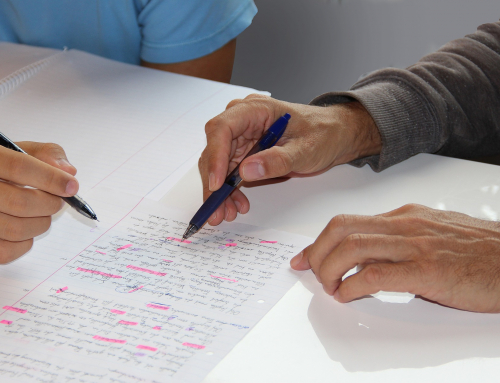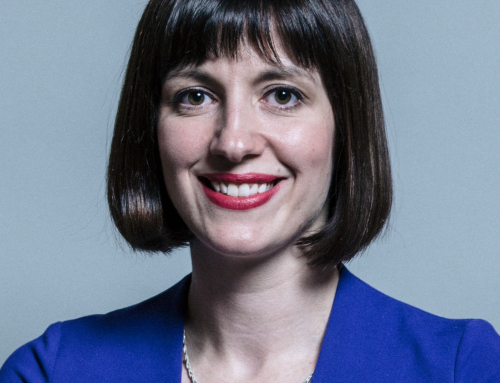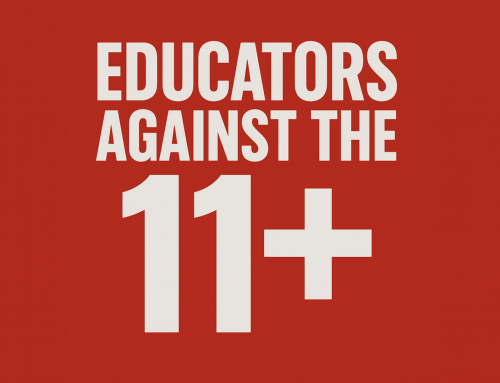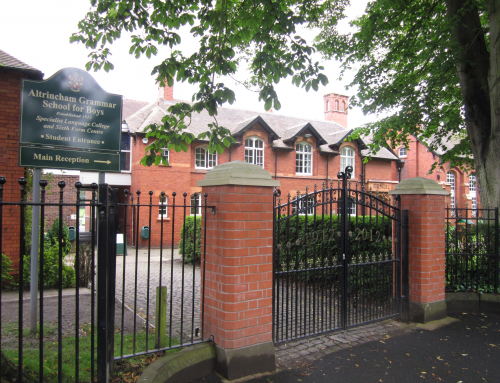 A new in-depth study into the 11-plus has revealed that in 2024, over 123,000 grammar school tests were sat by England’s 10-year-olds, at a cost of around £5.5 million of public money. There are 57 different versions of the test, no Ofqual oversight, and many children are sitting multiple unnecessary exams just to try and secure a grammar school place.
A new in-depth study into the 11-plus has revealed that in 2024, over 123,000 grammar school tests were sat by England’s 10-year-olds, at a cost of around £5.5 million of public money. There are 57 different versions of the test, no Ofqual oversight, and many children are sitting multiple unnecessary exams just to try and secure a grammar school place.
James Coombs used Freedom of Information (FOI) requests and publicly available data to uncover the scale and inconsistency of the 11-plus system. His detailed exposé of the problems is well worth reading in full, and can be found here.
The study revealed a patchwork system with no consistent standard and limited regulatory oversight.There isn’t one 11-plus, there are 57 different versions. Some are run by councils, others by school consortia, and many by individual grammar schools acting as their own admissions authorities.
Some grammar schools even run additional tests when not enough pupils pass the main one. In Kent, seven schools commissioned a second round of testing—costing an extra £71,000—simply to top up their numbers. These are children who had already sat the official, costly, county-wide test. Why make them sit another?
Some grammar schools claimed their tests were “free” but the cost is simply hidden. These schools write and administer their own tests, diverting teachers from their actual jobs. Others rely on commercial providers like GLA, a private company with a virtual monopoly on 11-plus exams. As James notes, GLA recycles old test material, some of which hasn’t changed since 2000.
Then there’s the booming mock test industry. In Sutton, parents are charged up to £95 per child to access mock exams run by companies closely linked to the schools themselves.
Most grammar schools are academies and set their own tests, meaning there is limited transparency and accountability. The 11-plus is the only major school exam not regulated by Ofqual, the government body that oversees standards in testing. No one checks the quality of the questions. No one ensures children are tested fairly. And no one seems to be asking whether this is a good use of public money.
We believe in a fair education system—one that supports all children, not just a select few. The grammar school system funnels public resources into a discredited exam that sorts children at ten and divides communities. It is not just socially divisive, it is inconsistent, costly, and deeply unfair.
This study highlights the huge waste of public funds propping up a flawed system. And for what? Research shows that grammar schools offer no academic advantage, their pupils would likely achieve the same results in comprehensive schools.
The 11-plus is outdated, expensive, chaotic, and unfair. Isn’t it time we phased out this flawed and damaging exam for good?





